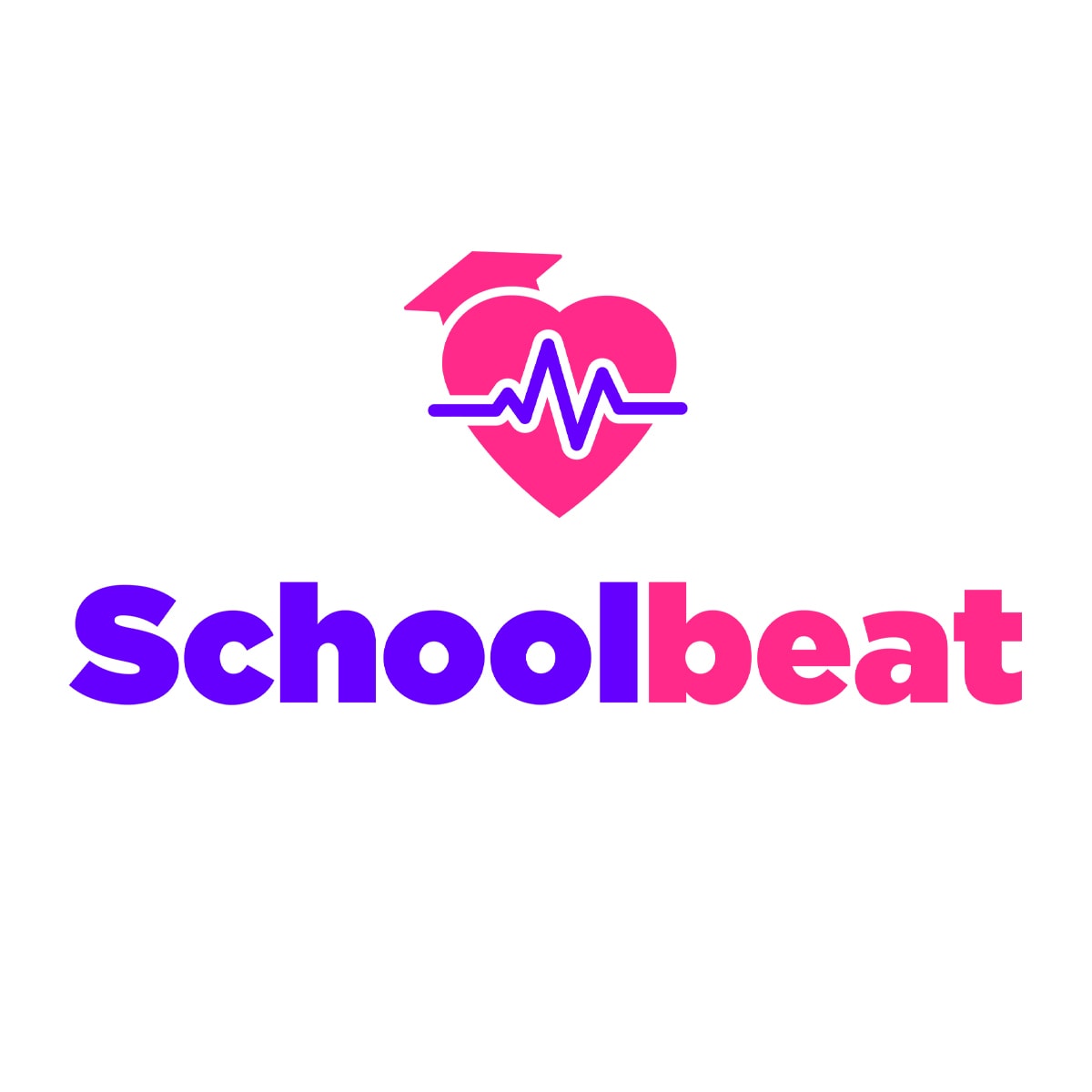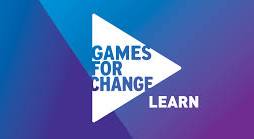Dive Brief:
- The Atlantic has created a guide for reading and understanding education studies.
- Social media allows information and sound bytes to spread faster than ever, and the guide was created as a means of combating the many not-fully-understood or unfinished studies that make their way into serious policy conversations and classrooms as a result.
- Some tips garnered from the guide: Don't assume results beyond the study's subject group, note the study's size and any uncontrolled variable, and keep in mind that correlation does not always mean causation.
Dive Insight:
One example study that the article brings up is a recent Carnegie Mellon study that indicated students learn better when there are less classroom decorations to distract them. We even covered it here! The study, however, only looks at 24 kindergartners. That is a very small sample population, and The Atlantic cautions teachers from immediately pulling down all of their motivational posters just because 24 students didn't do as well in a classroom with decorations.












